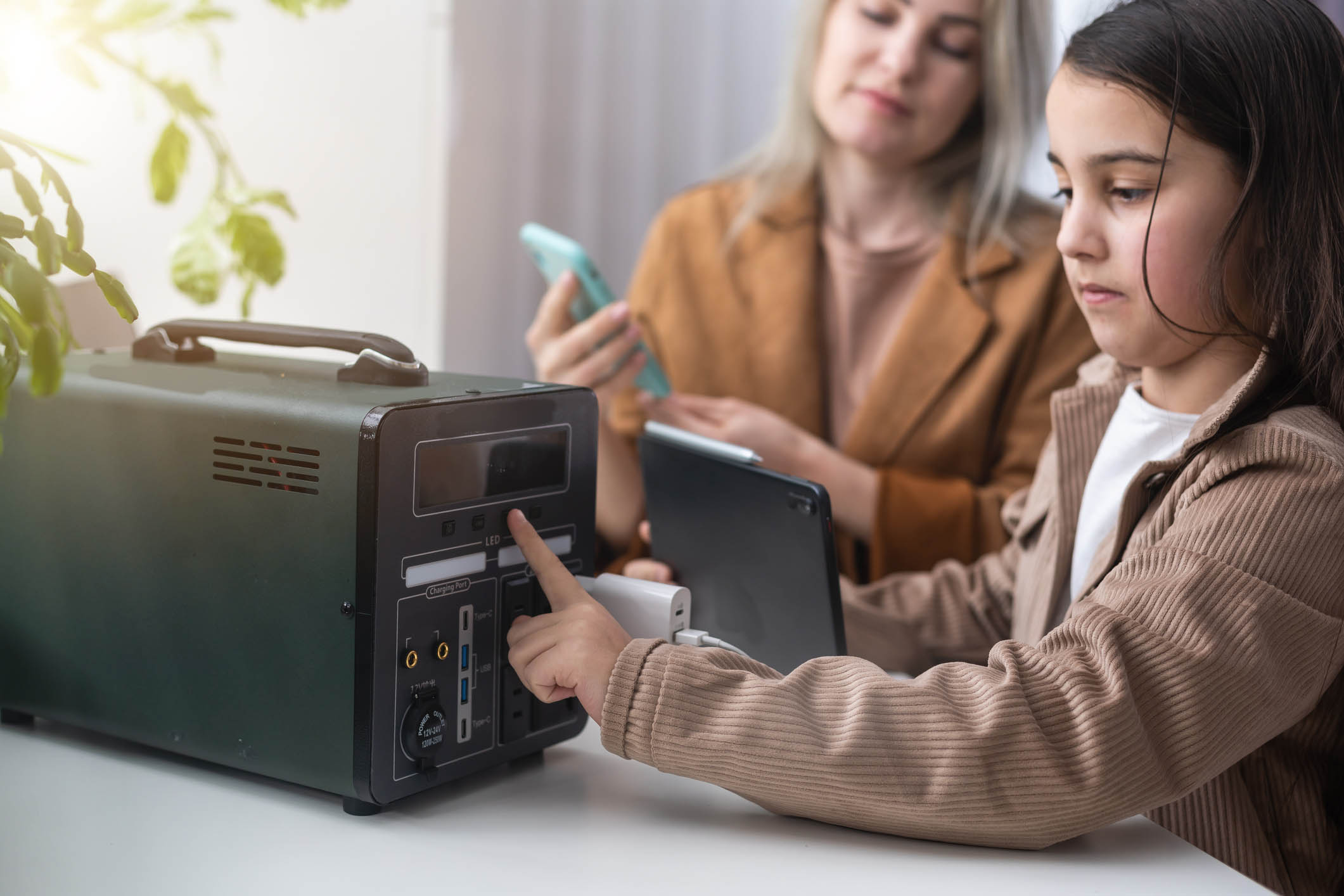
As we come to the end of our roaming advice series, we have put together some useful tips for you to follow as you set off on your travels.
1. Get to know your phone
Be familiar with the settings on your phone. You can turn off the data roaming function on your handset or ask if your mobile provider can do this for you. This will make sure you can only access data services when connected to a Wi-Fi zone. Many cafés, bars and restaurants offer free Wi-Fi services to their customers.
2. Purchase a local SIM card when travelling outside of the EU
When you arrive at your destination, you might consider buying and using a local phone SIM card. You can only do this if your phone is unlocked and you can only unlock your phone if you own it outright or if you are out of contract. You can get your unlock code by contacting your mobile provider. You should do this at least a month before you travel as this process takes time. When you replace your at-home SIM card with this local one, it means you are paying local rates as opposed to roaming rates.
3. Background data use
Remember that smartphone apps use data in the background even when you are not actively doing anything on your phone. For example, apps on your phone may update to the latest version. You can turn-off automatic app updates in your handset settings.
4. Check when you turn your phone on again
If you switch your handset off and back on again, be careful to check your roaming settings as they may default back to the original setting.
5. Talk to your mobile provider
Ask your mobile provider how you can best monitor your real time usage when you’re abroad. You may be able to monitor your usage by downloading your mobile provider’s app or texting a key word to a particular number. But remember to check if the usage information is provided to you in real time – especially if you are travelling outside the EU.
6. Read information texts
Pay attention to the texts that you receive from your provider and read them. Don’t ignore what these say as they will tell you important information, including information on your data usage!
7. Know your MBs and GBs
Know the difference of being charged per MB and per GB – there are 1,000MBs in 1GB. Pay special attention not to confuse the two, so you are fully aware of your data roaming allowance.
8. Avoid using large files
Avoid streaming things like music or films and avoid using mobile maps for directions because these can run up very large bills especially if you are roaming outside of the EU.
9. Use a PIN or passcode
Take the time to properly secure your mobile handset with a PIN or passcode. Update your emergency contact on your home screen. Make a note of your mobile handset serial number (IMEI number) by pressing *#06# on your handset.
10. Use an app that can find your phone
Download an app that can trace your phone and delete its data if it is lost or stolen.
11. Contact your provider immediately if your phone is lost or stolen
Contact your mobile provider immediately with your IMEI number if your handset is lost or stolen. Thieves can quickly run up huge bills which you may be responsible for if you do not take swift action.
12. Take note of emergency numbers
Know the number for emergency services: 112 in the EU and 911 in the USA and Canada. If you are travelling elsewhere, check locally for the relevant number.
We hope that you have found the roaming information useful and that you can set off on your travels without any added worries. Our Consumer Team is available to help you with any further queries that may arise.






